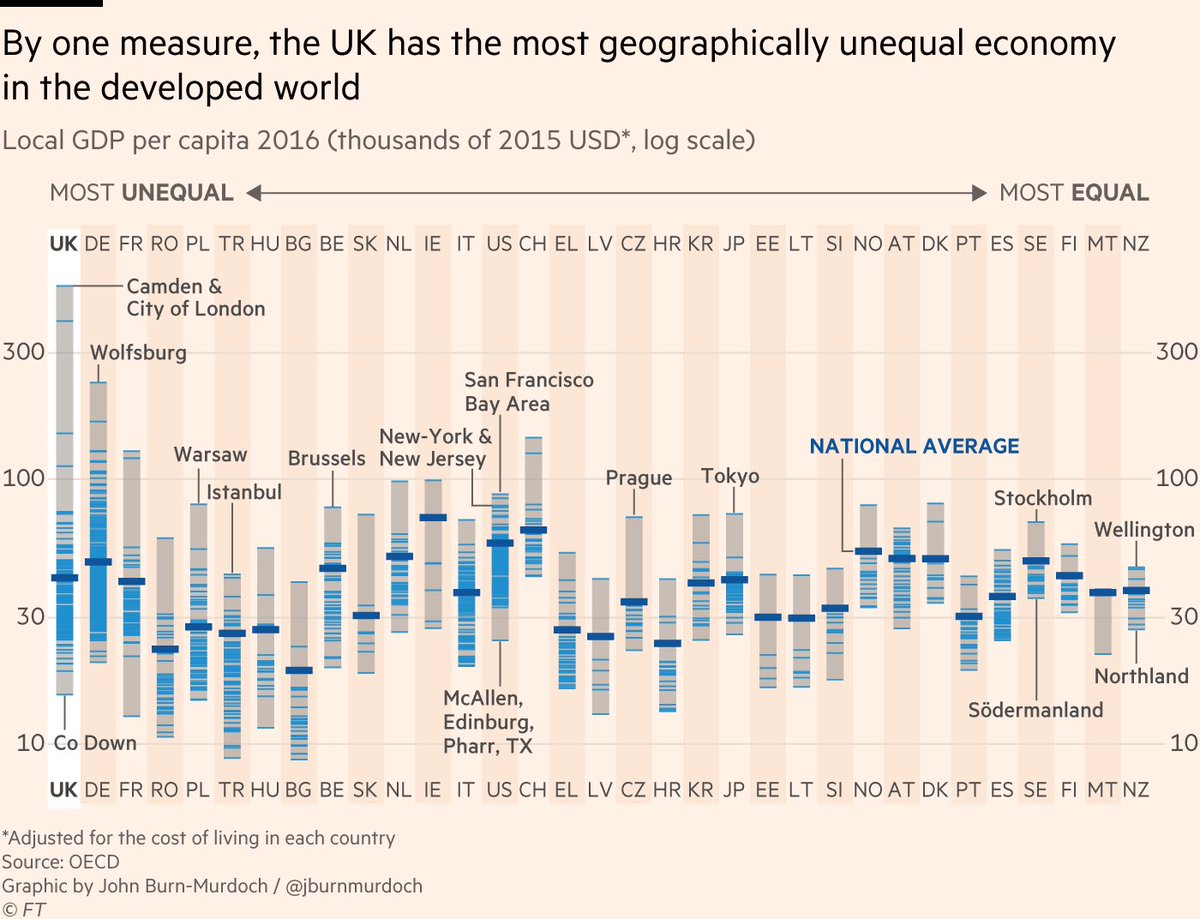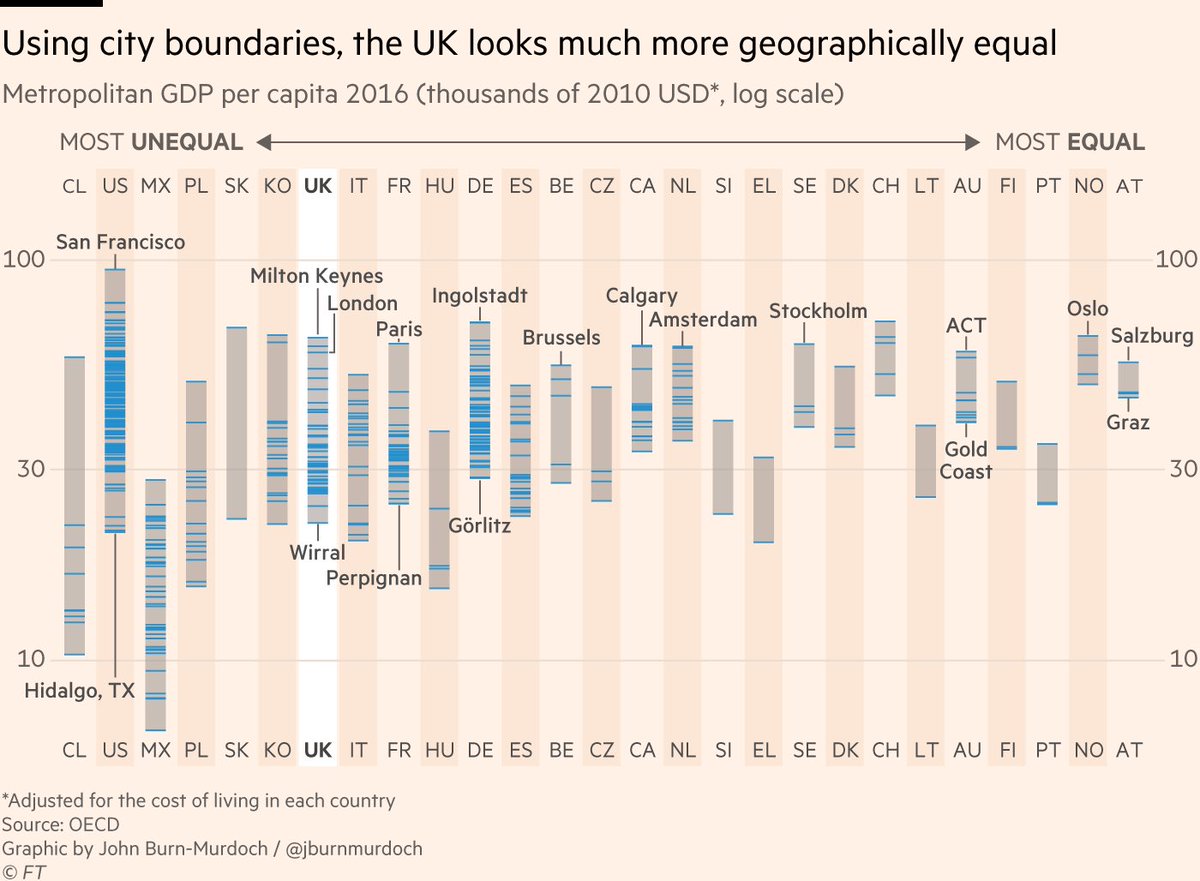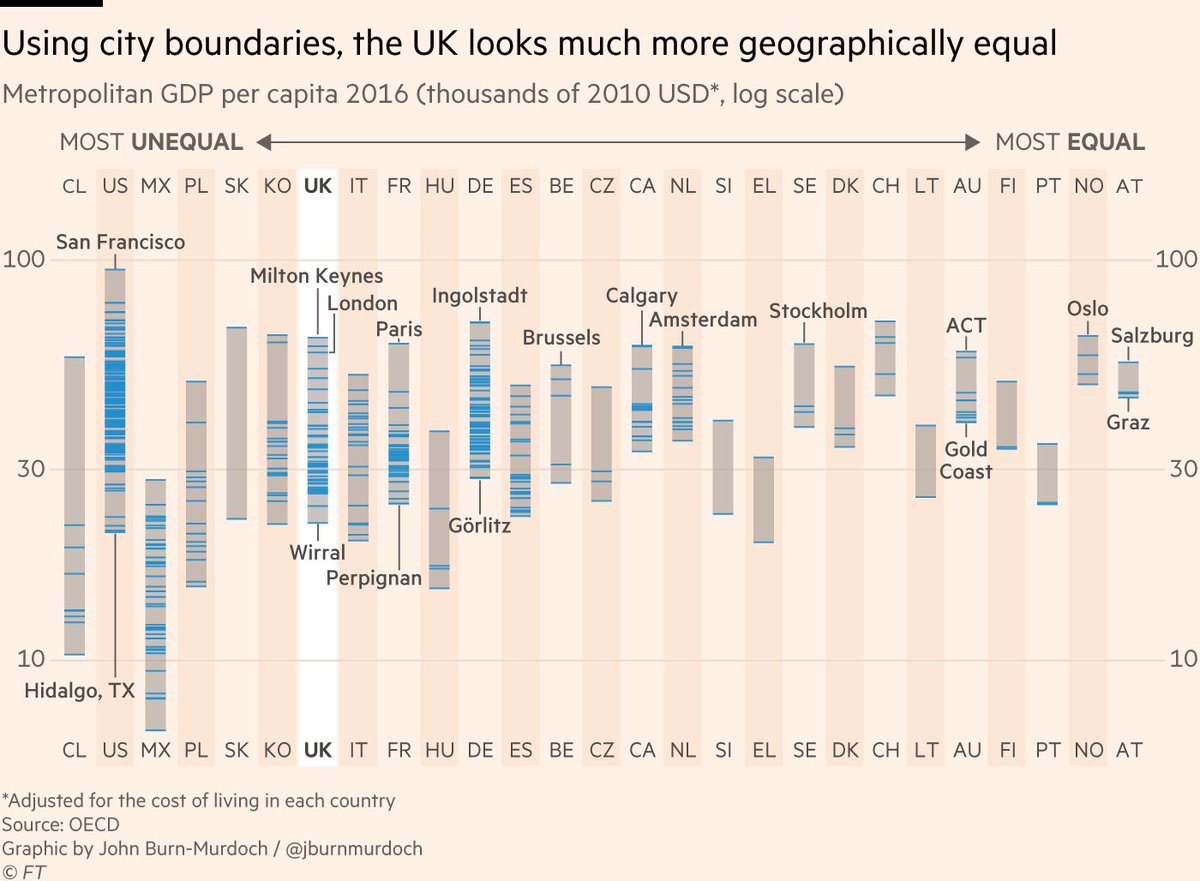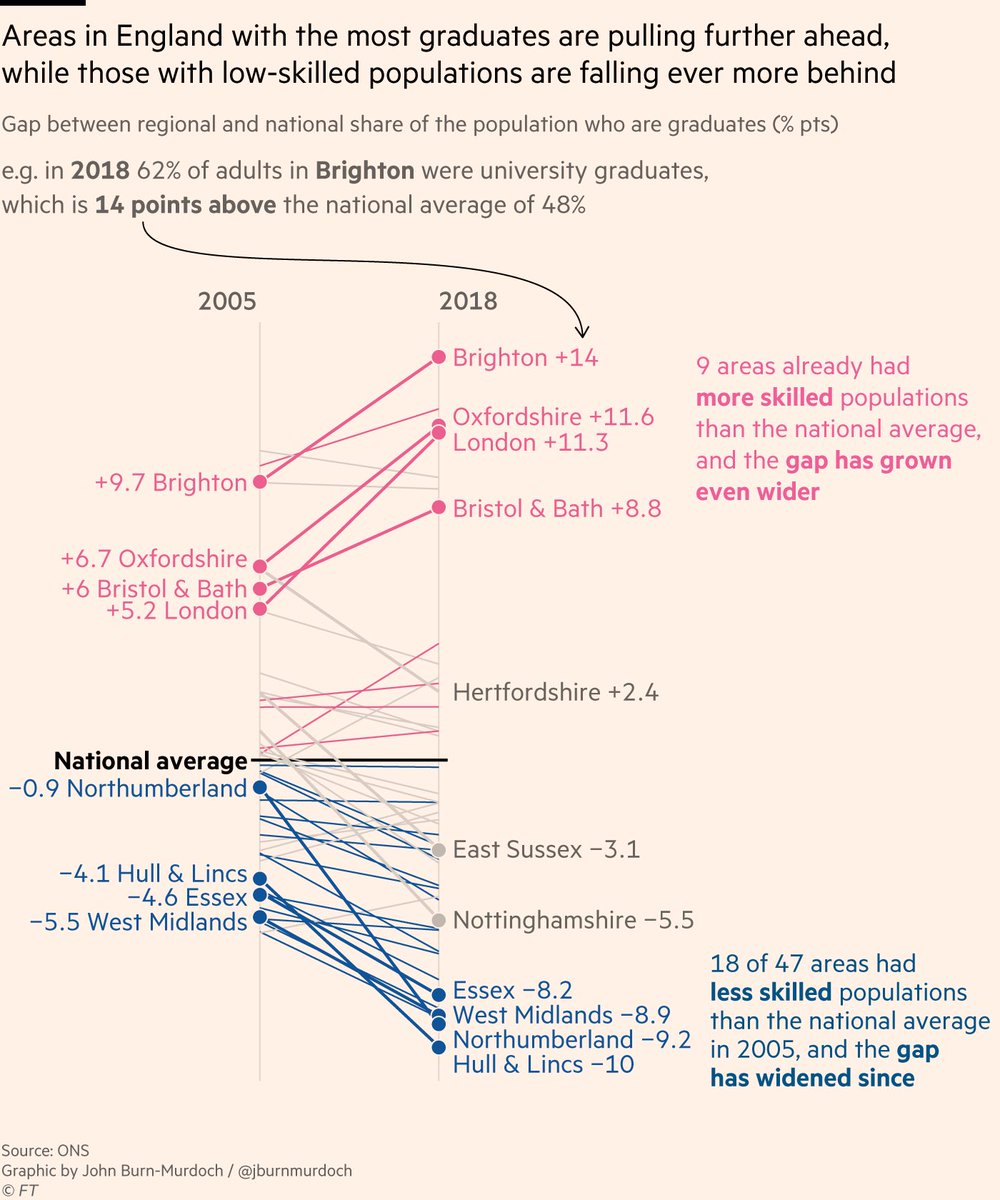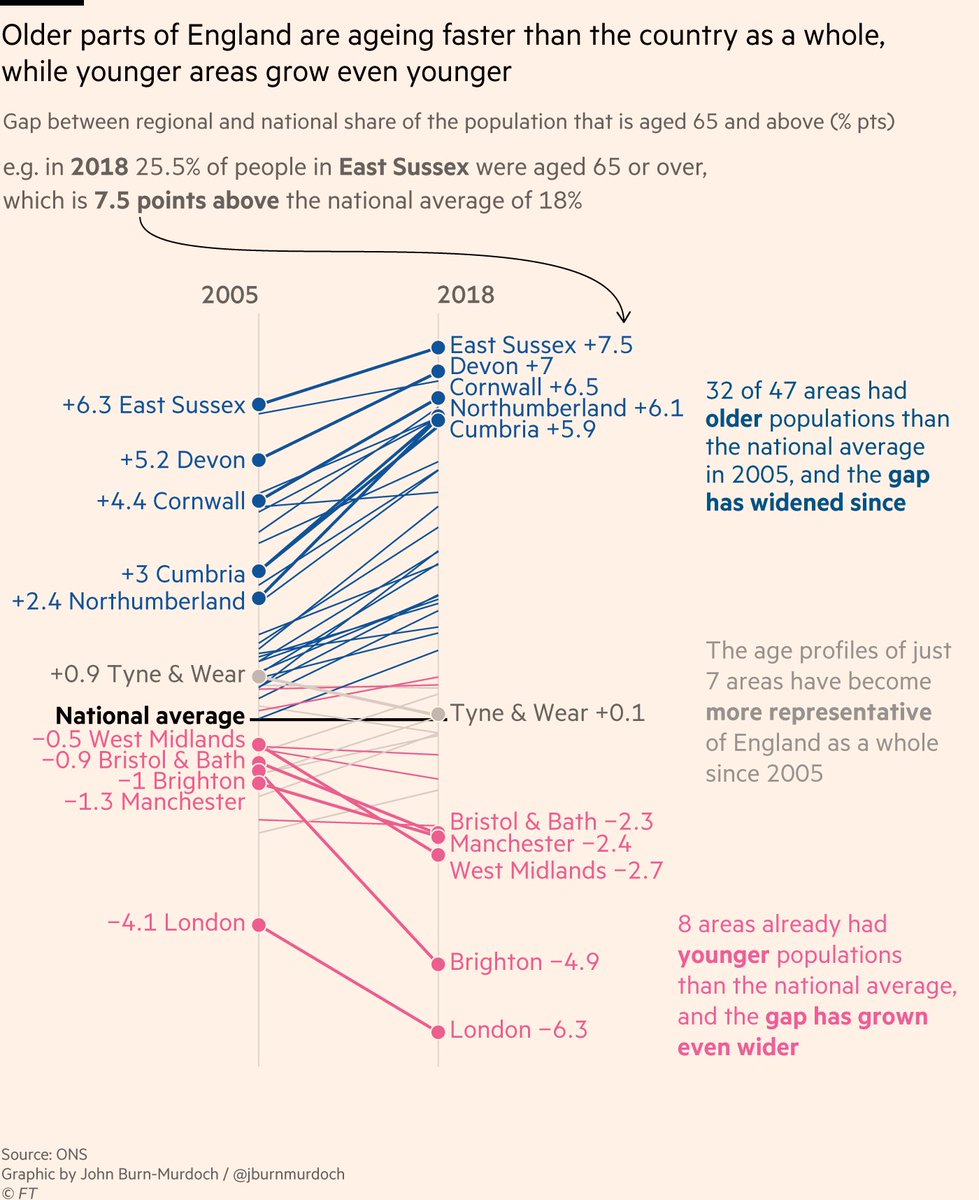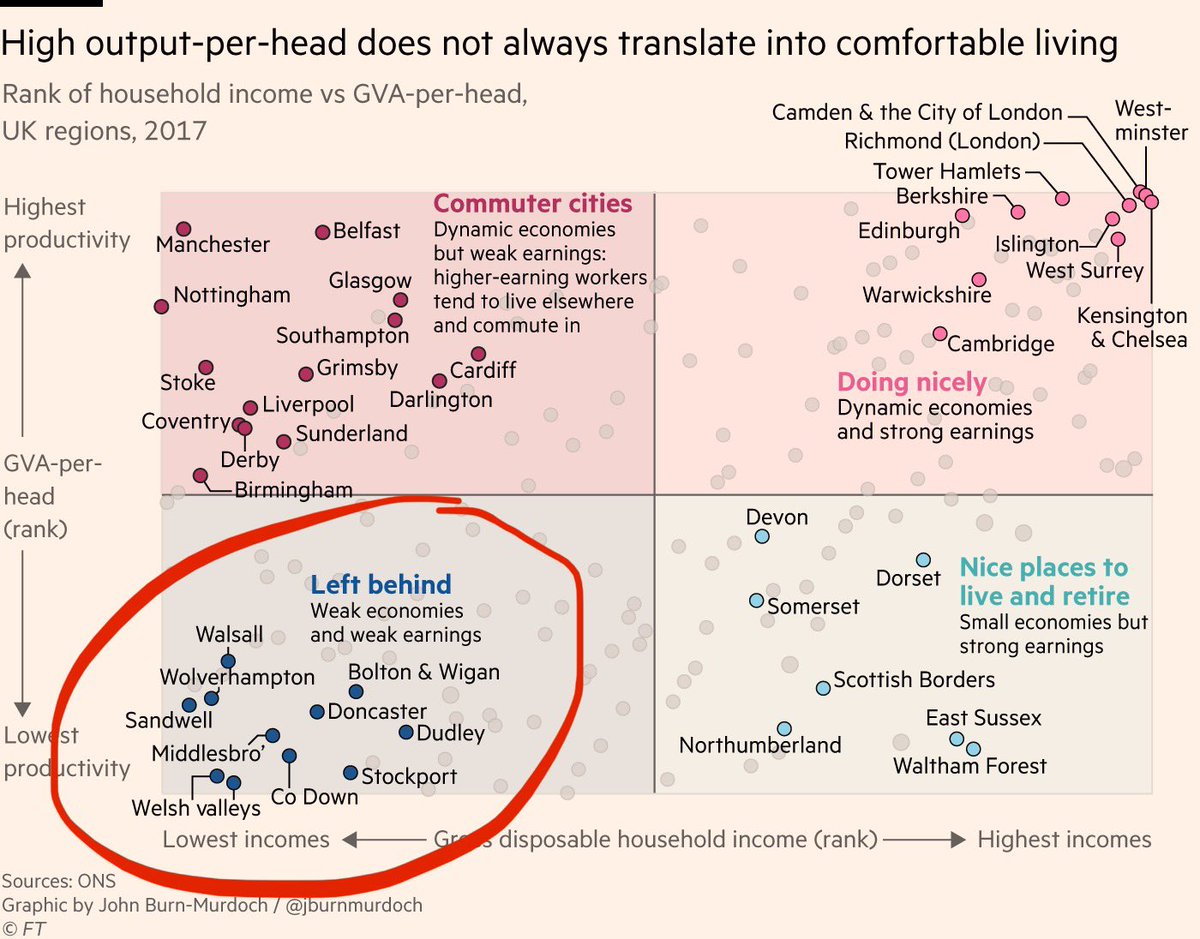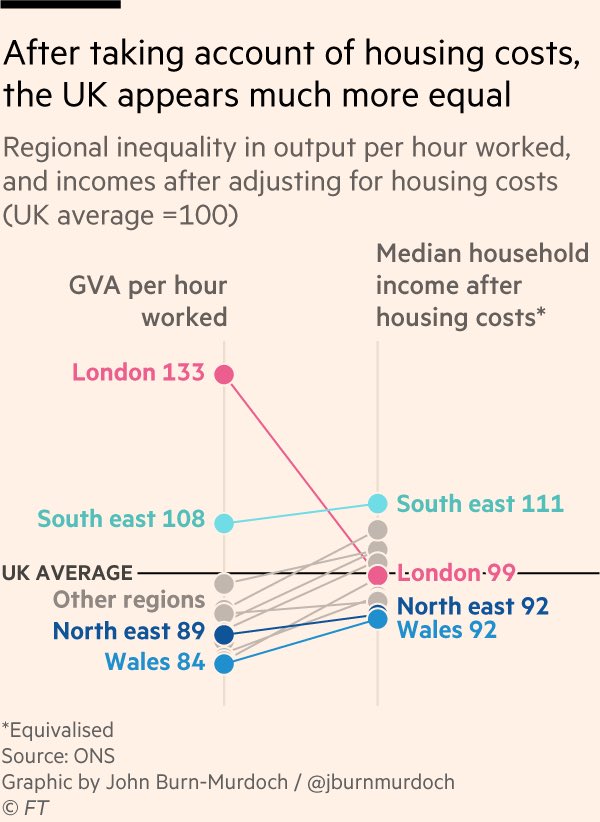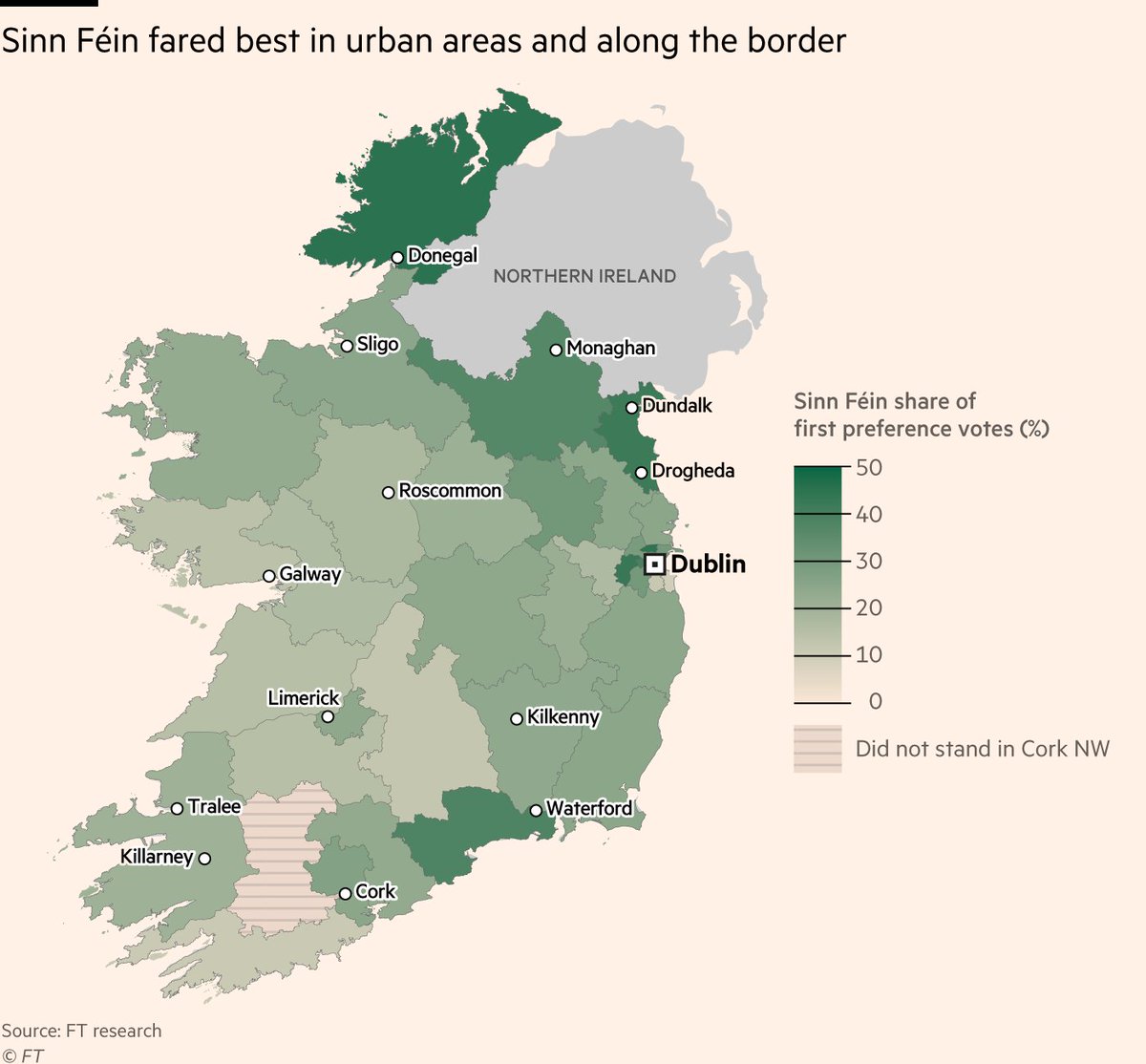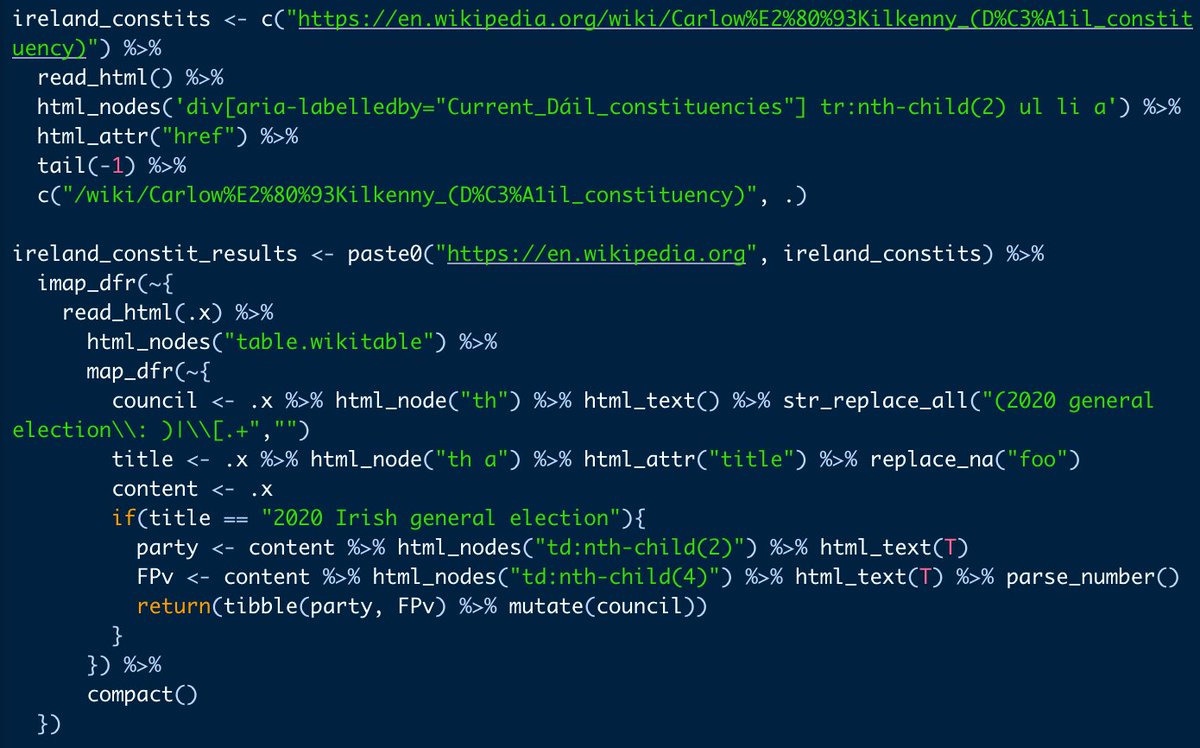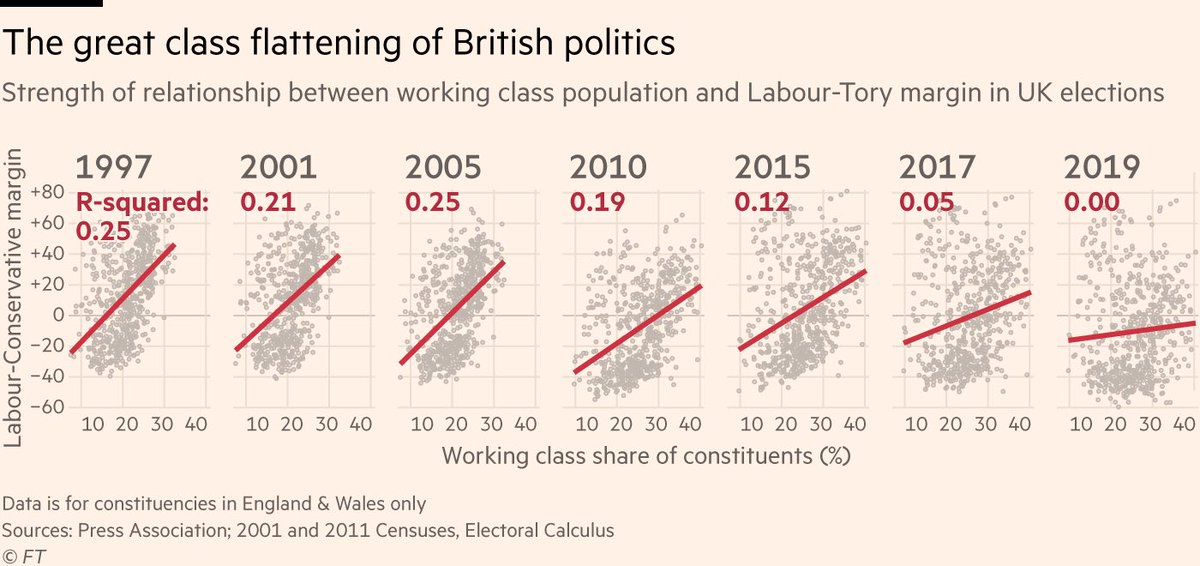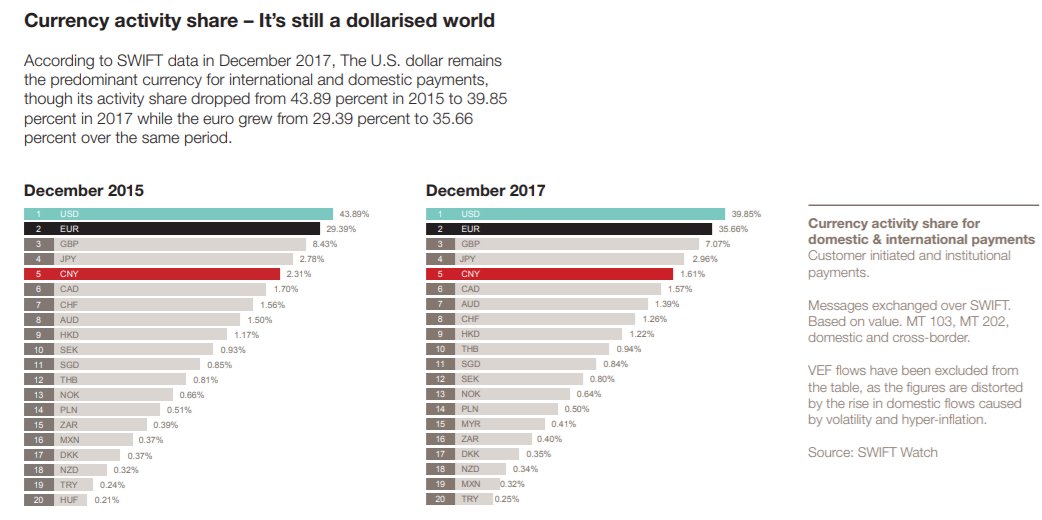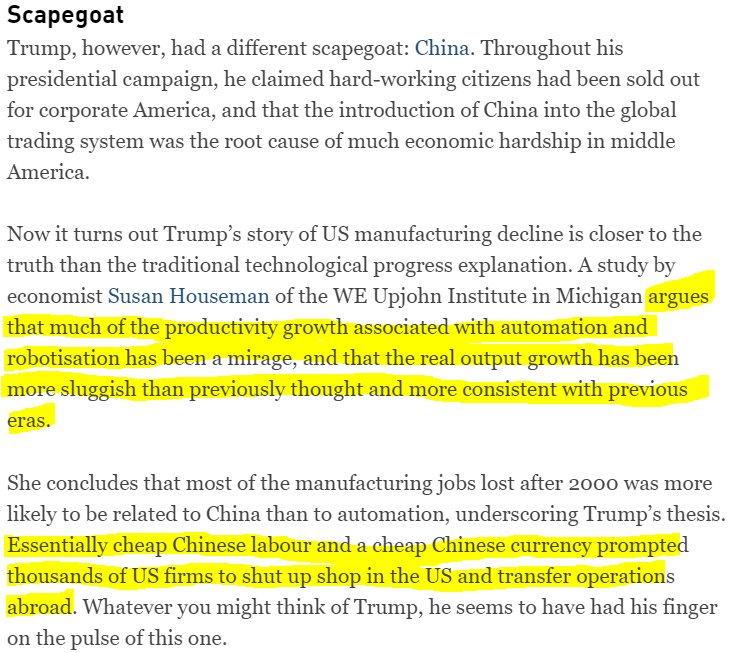ft.com/content/c9db4c…
The UK has a regional inequality problem, but it's much more nuanced than the typical hot take.
You've probably seen a version of this chart before, showing the UK as a 😱 outlier for regional inequality.
Look how rich London is!
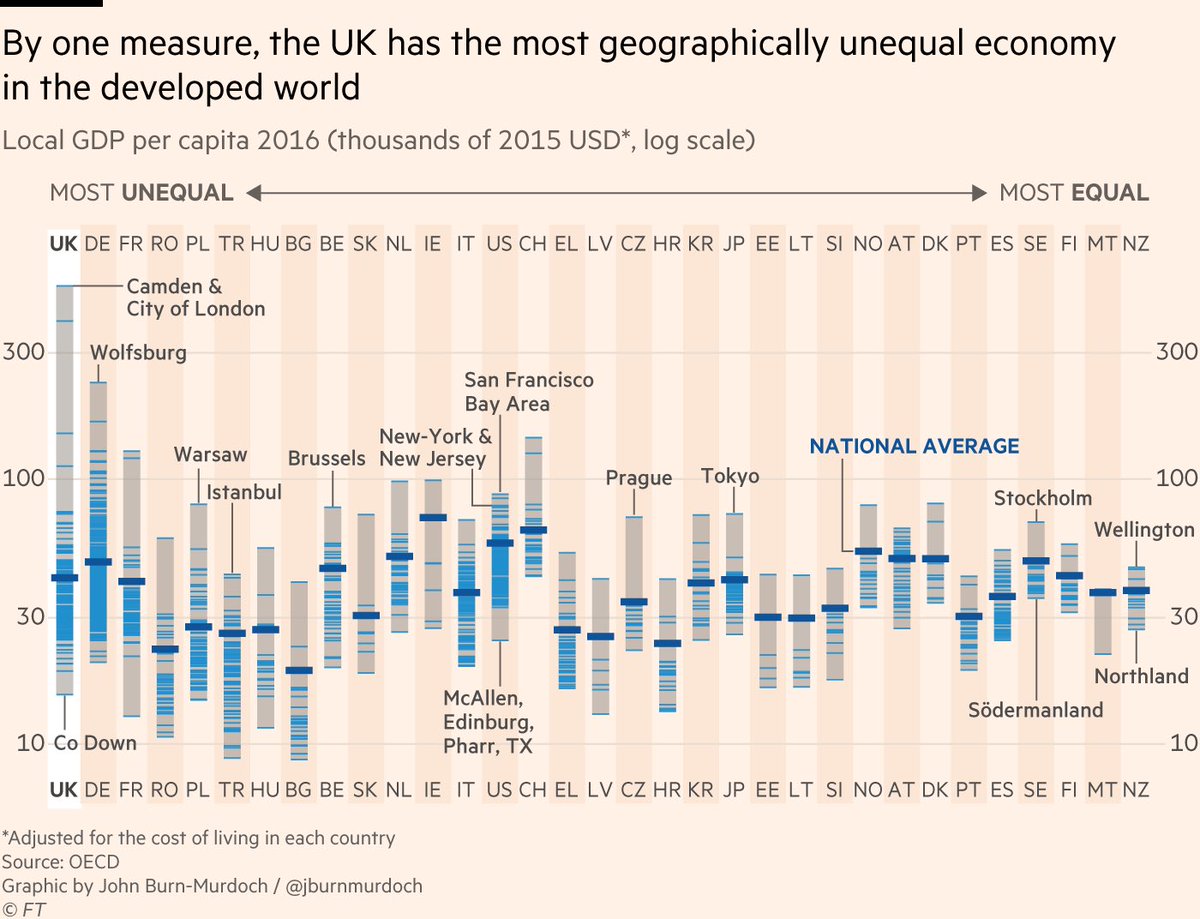
OECD's TL3 regions compare "Camden & City of London" (population 263k) to sprawling San Francisco Bay Area (pop 9.7m) and the entire New York - Newark region (pop 23.7m).
You can't compare richest hub of one city with huge regions containing cities, suburbs & rural areas.
The @ONS now puts out regular wellbeing data, and these routinely find that the richest and most economically dynamic pockets of London are those where people are among the *least* happy 🤔
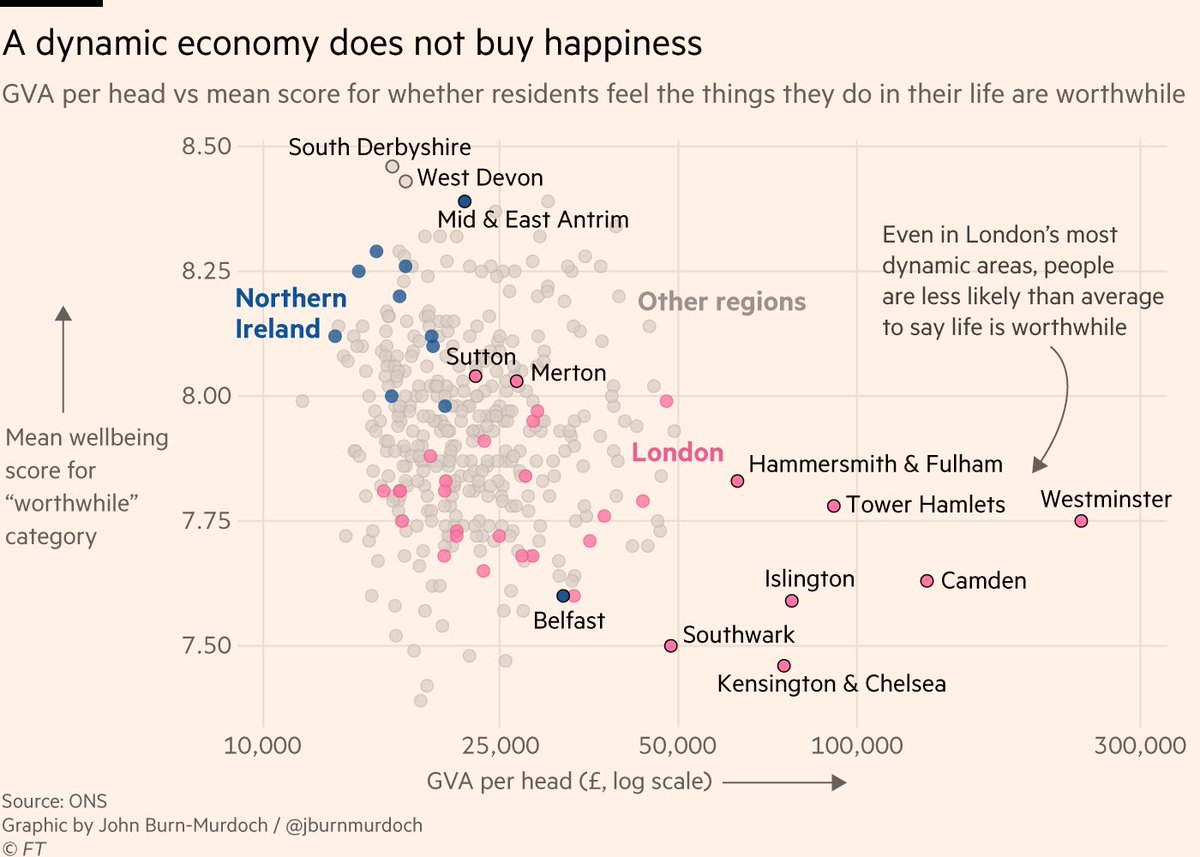
1/ UK economy is geographically unequal, but less so than the US and not noticeably more than other peers
2/ Internal flows of young and skilled people are perpetuating that economic inequality
3/ Policies aimed at levelling up UK's regions should consider the above, but should not blindly optimise for economic dynamism without considering how and why quality of life is much higher in some places than others regardless of local economic vigour
This thread may be of interest to:
• @thomasforth
• @TorstenBell
• @danc00ks0n
• @benatipsosmori
• @robfordmancs
• @centrefortowns
• @CentreforCities
fin.
